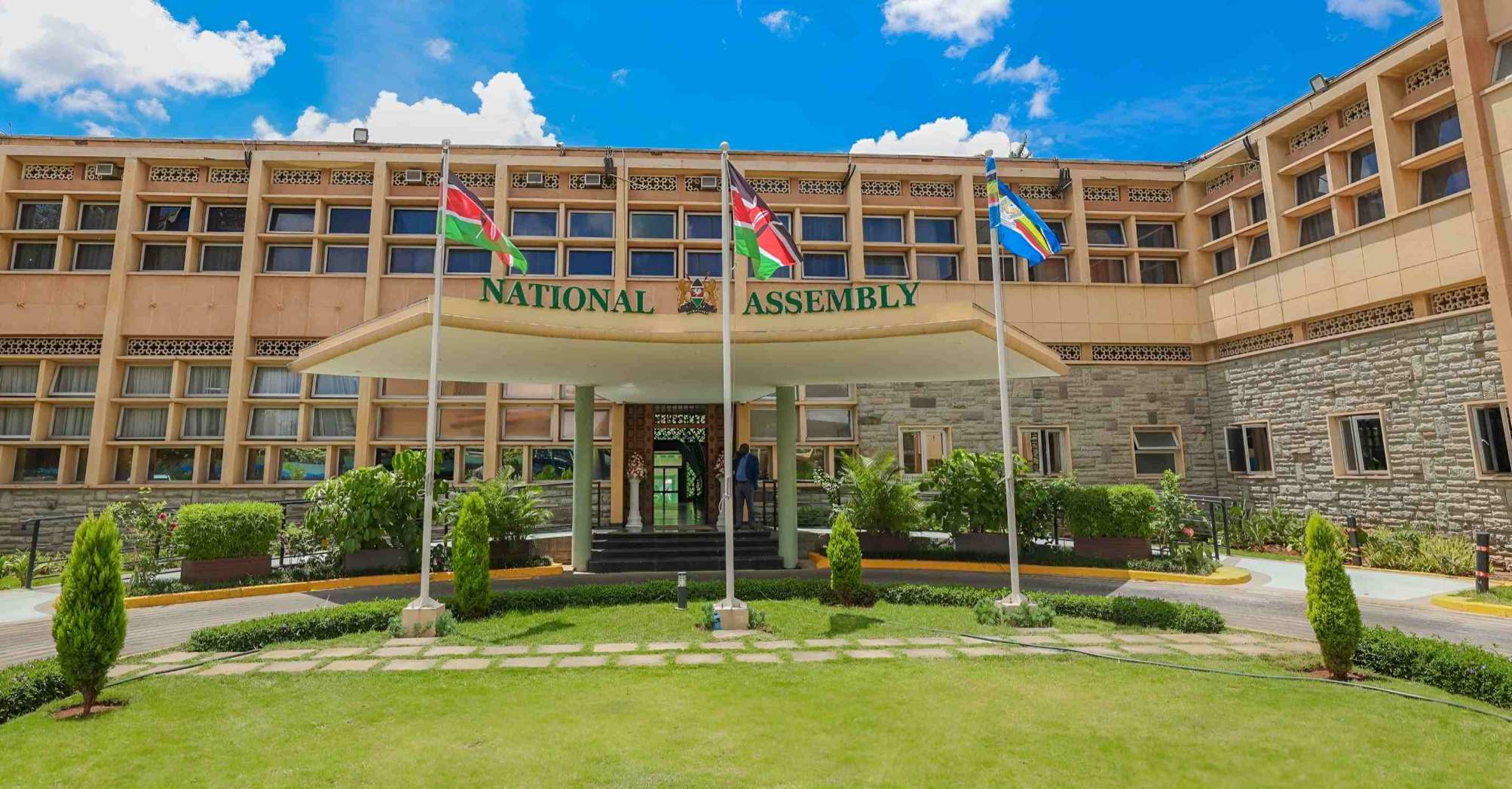Parliament last week recorded one of the highest turnouts of student visitors in recent memory, with more than 10,000 learners from over 200 schools touring the National Assembly and Senate between Tuesday and Thursday.
The visits, which transformed Parliament into a hub of civic education, offered students ranging from primary school pupils to high schoolers a rare chance to witness firsthand how laws are made.
However, the unprecedented number of visitors sparked concern among some lawmakers. Minority Whip Millie Odhiambo, speaking during Thursday's afternoon session, raised a point of order, warning that the mass visits posed potential safety risks to children.
“It is good for students to visit, but as a child protection expert, the number is concerning. We must ensure proper safeguards,” she cautioned, adding that the current arrangement risks becoming “a crisis in waiting.”
Odhiambo called for the resumption of staggered visits, suggesting that shorter, rushed experiences may not be meaningful for the students. Samburu West MP Naisula Lesuuda also weighed in, revealing that two students had fainted during the tours due to prolonged standing.
She urged the Parliamentary Service Commission to consider setting up an on-site health facility to provide first aid and emergency support for visitors, members, and staff.
In response, National Assembly Speaker Moses Wetang’ula acknowledged the spike in student visits, confirming that on Tuesday alone, Parliament hosted learners from 60 different schools.
He attributed the surge to the holiday season, noting that teachers had scheduled the visits to coincide with the school break and the House’s ongoing sittings.
Despite the concerns, Wetang’ula defended the initiative as part of Parliament’s broader mission to engage with the public and restore public confidence, especially after recent Gen Z-led protests that questioned the institution’s legitimacy.
“Parliament is not just a law-making body; it is the people’s House,” he said. “By opening our doors to students, we’re nurturing future leaders and demystifying the legislative process.”
He emphasized that reconnecting with the youth through such programs helps bridge the gap between citizens and institutions, ultimately strengthening Kenya’s democracy.

